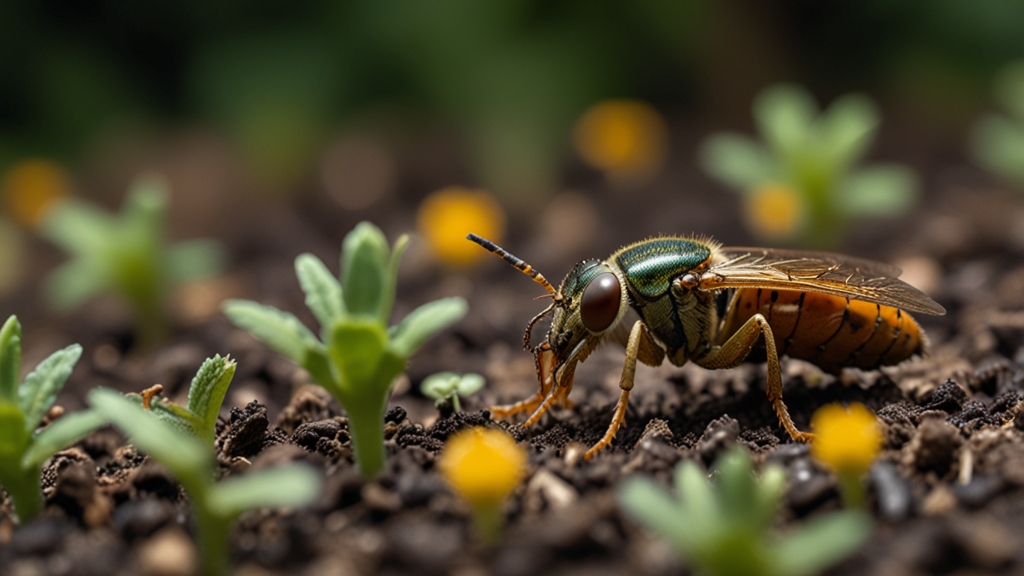Biology on Mars: Is There Life Beyond Earth?
For centuries, the question of whether life exists beyond Earth has captivated scientists, philosophers, and the lay public alike. Mars, our celestial neighbor, has been at the forefront of this quest due to its relative closeness and striking similarities to Earth. The search for biology on Mars challenges our understanding of life and the conditions that sustain it.
Historical Context and Early Observations
Early astronomical observations in the 19th century, notably by Giovanni Schiaparelli and Percival Lowell, suggested the presence of "canals" on Mars, sparking imaginations worldwide with the possibility of an intelligent Martian civilization. Though later revealed as optical illusions, these observations set the stage for future scientific inquiry.
The Viking Missions: A New Era of Exploration
NASA's Viking missions in the 1970s represented the first direct efforts to search for life on Mars. Equipped with advanced instruments designed to detect biological activity, the landers performed several experiments on Martian soil. Results were ambiguous; while some tests hinted at biochemical reactions, others found no organic molecules, leading to inconclusive and controversial interpretations.
"The Viking experiments didn't provide definitive evidence of life, but they did raise new questions about the Martian environment and its potential to harbor life." - Dr. Gilbert Levin, Viking mission scientist
Modern Missions: Curiosity, Perseverance, and Beyond
Modern rovers, such as Curiosity and Perseverance, have continued the search with more sophisticated technology. Curiosity has discovered organic molecules and varied evidence of ancient water activity, which are crucial ingredients for life as we know it. Perseverance, deployed in 2021, aims to analyze diverse Martian samples, seeking biosignatures—indicators of past or present life.
Interestingly, not all missions focus solely on the search for life. Some aim to understand Mars' habitability and geology better. However, every finding about Mars' climate, atmosphere, and history adds pieces to the puzzle of whether life could exist—or have once existed—there.
"With every new mission, we uncover additional evidence that Mars was once a far more Earth-like planet than it is today, increasing the probability it might have supported life." - Dr. Jennifer Trosper, Mars Perseverance Project Manager
Challenges in Detecting Martian Life
Despite these advances, finding life on Mars remains a formidable challenge. Potential Martian life may be microbial and subsurface, eluding easy detection. Additionally, Martian conditions—such as high radiation levels and perchlorates in the soil—complicate matters, potentially mimicking or masking genuine biosignatures.
Ensuring that findings are uncontaminated by Earth-originating organisms is another significant concern. Meticulous sterilization and rigorous planetary protection protocols are essential to prevent "false positives" and preserve the pristine Martian environment.
The Future of Martian Exploration
Future missions, such as the European Space Agency's Rosalind Franklin Rover and NASA's planned sample-return missions, are expected to dig deeper into Mars' secrets. The potential discovery of life on Mars, even in its most rudimentary form, would be one of the most profound scientific breakthroughs, reshaping our understanding of life in the universe.
As technology advances and our exploration strategies evolve, the quest to answer the question, "Is there life beyond Earth?" persists. Mars, with its tantalizing hints and enduring mysteries, remains a focal point of this timeless pursuit.
"We are on the brink of potentially groundbreaking discoveries. Even if we don't find life on Mars, what we learn will illuminate our understanding of life's resilience and adaptability in the cosmos." - Dr. Thomas Zurbuchen, Associate Administrator for NASA’s Science Mission Directorate
In conclusion, the search for biology on Mars is a journey marked by curiosity, ingenuity, and the hope of unveiling one of the universe's oldest enigmas. Whether Mars ultimately proves to host life or not, our efforts to explore and understand it continue to expand the boundaries of science and imagination.












